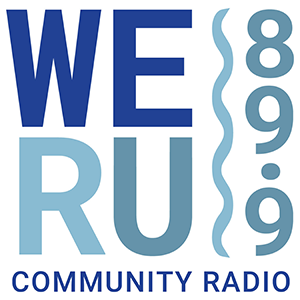Producer/Host: Jim Campbell
When we are going to undergo a medical procedure or be part of a research study, we are asked to give “informed consent” to permit the medial professionals to provide treatment or to be part of a research study. There are very specific criteria for what “informed consent” means in those situations. On the web, we are often asked to give consent to our Internet Service Provider (ISP) or to web sites we use to enable the ISP or the site to collect and sell our personal information. But what does “informed consent” mean in those cases? Let’s think about that, and begin to look at what a recent national study discovered about that question.
About the host:
Jim Campbell has a longstanding interest in the intersection of digital technology, law, and public policy and how they affect our daily lives in our increasingly digital world. He has banged around non-commercial radio for decades and, in the little known facts department (that should probably stay that way), he was one of the readers voicing Richard Nixon’s words when NPR broadcast the entire transcript of the Watergate tapes. Like several other current WERU volunteers, he was at the station’s sign-on party on May 1, 1988 and has been a volunteer ever since doing an early stint as a Morning Maine host, and later producing WERU program series including Northern Lights, Conversations on Science and Society, Sound Portrait of the Artist, Selections from the Camden Conference, others that will probably come to him after this is is posted, and, of course, Notes from the Electronic Cottage.
Podcast: Play in new window | Download



 Donate to WERU Today!
Donate to WERU Today!